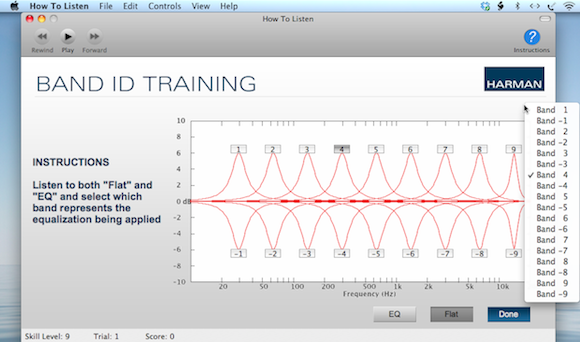restorer-john
Grand Contributor
Clearly generally the same as everyone... it helps if people are trained listeners, not "golden ears".
... but clearly in this case, that wouldn't have helped either!
Welcome to How to Listen!
Overview How to Listen is a desktop software application developed by the Harman Internationa l R&D group for the purpose of training an...harmanhowtolisten.blogspot.com
JSmith
That Harman thing is a 113MB download and that was 2011! What is it, an operating system? LOL.
